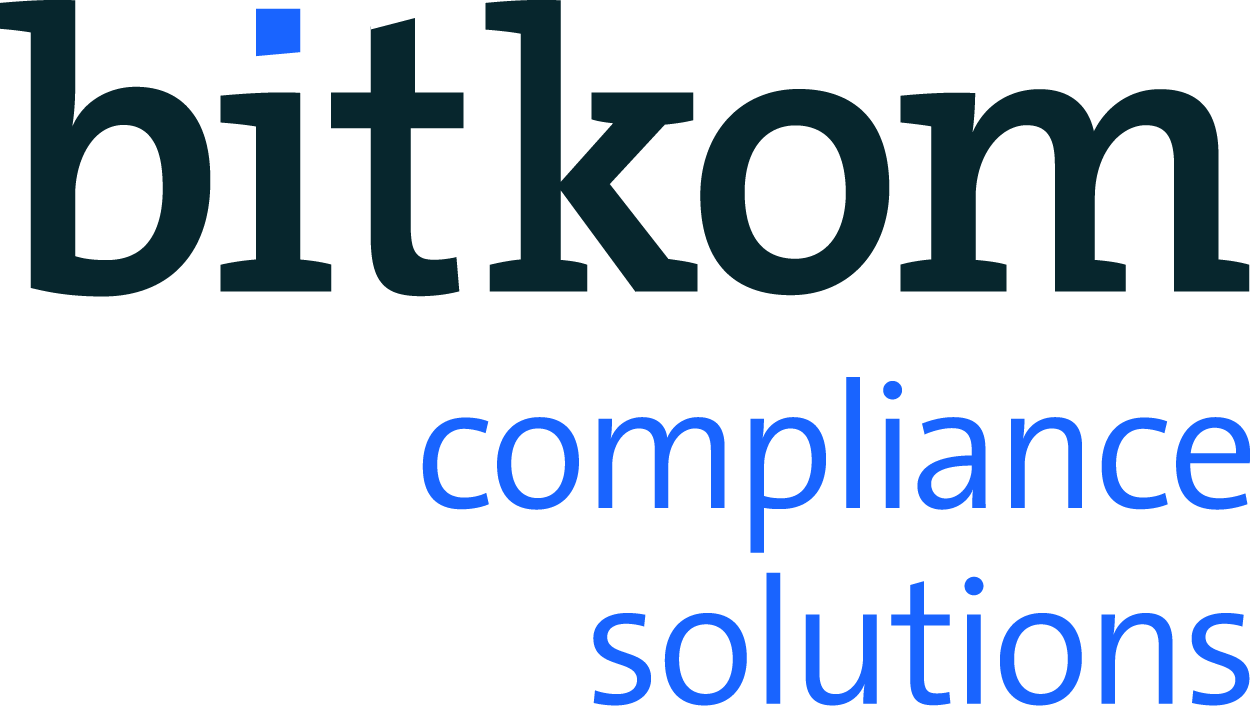EU strengthens action against textile waste: Provisional agreement on new rules
The European Parliament and the Council have reached a provisional agreement on the targeted revision of the Waste Framework Directive. The aim of the revised rules is to introduce stricter EU-wide requirements for the management of textiles. The European Commission welcomed the agreement as a milestone for sustainability and resource efficiency.
Extended Producer Responsibility for textiles
A key element of the revised Directive is the introduction of Extended Producer Responsibility (EPR) schemes for textile and footwear products in all EU Member States. Under these schemes, producers will be required to contribute to the collection, sorting, reuse, and recycling of the products they place on the market. The goal is to promote longer-lasting, repairable and recyclable textile products and to significantly reduce the volume of textile waste.
Stronger rules on textile waste exports
The agreement also introduces measures to curb illegal exports of textile waste, including a clear distinction between waste and reusable textiles, to ensure that only genuinely reusable second-hand clothing is exported, and only if environmentally sound management can be guaranteed in the destination country.
Background and next steps
In 2020, around 6.95 million tonnes of textile waste were generated in the EU – equivalent to approximately 16 kilograms per person. The majority is still not separately collected and often ends up in landfills or incinerators. The planned rules are intended to support the development of a genuine circular economy in the textile sector.
The provisional agreement now needs to be formally adopted by both the European Parliament and the Council. Once published in the Official Journal of the EU, the revised Directive will enter into force 20 days later. Member States will then have 20 months to transpose the new rules into national law.
Press Release of the Commission: Provisional agreement

